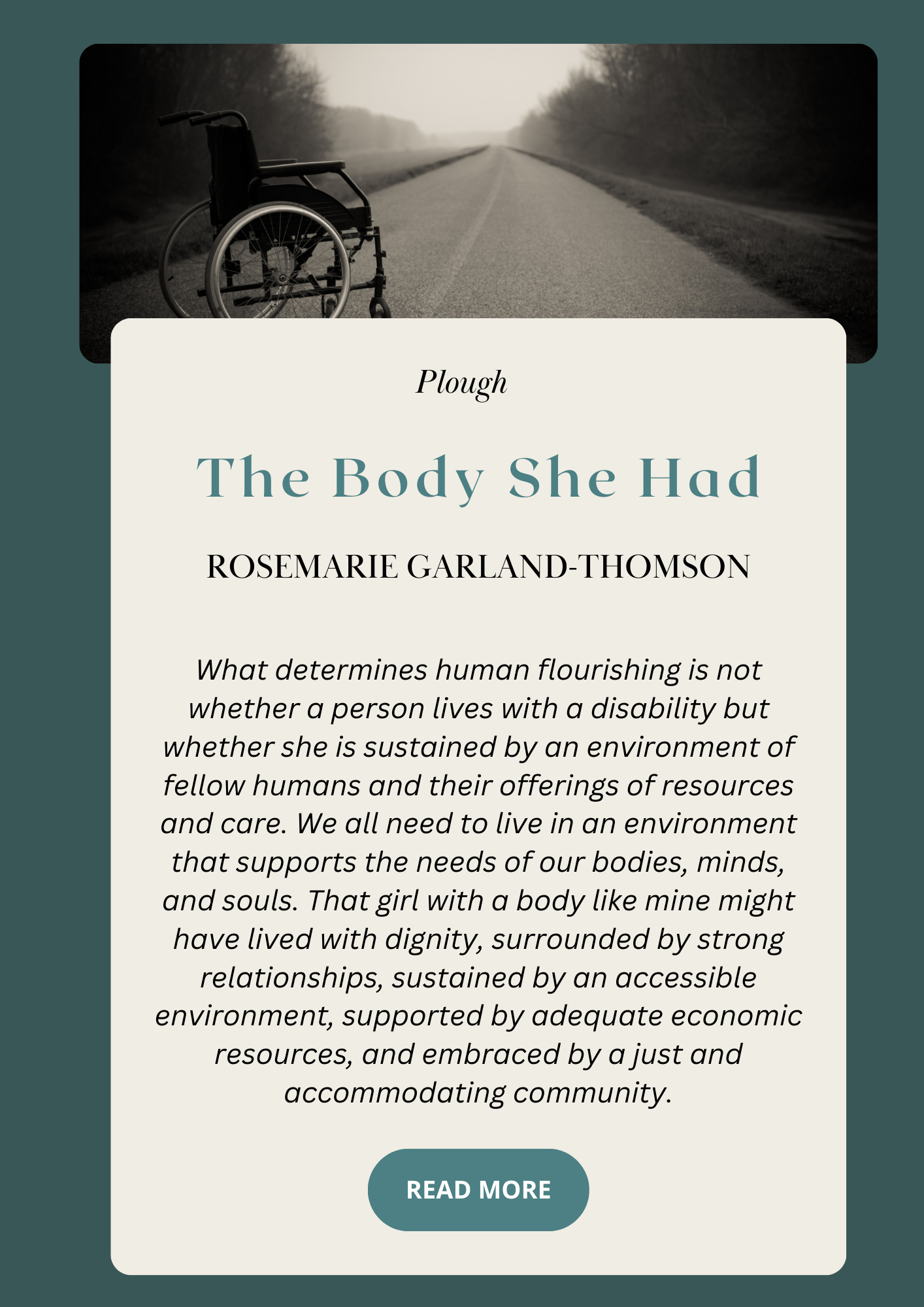Welcome to the weekly Fairer Disputations round-up: your one-stop shop for the best in sex-realist feminism. This week: Mary Harrington on porn and taboo violations, Rosemarie Garland-Thomson on disability and welcome, and James Panero on Wilhelm Reich. Plus: childcare policy and stay-at-home parents, easy allyship, not losing our minds to technology, FD announces a forthcoming book—and more!
First, Featured Author Mary Harrington on how porn culture leads to the violation of consent.

Next, Rosemarie Garland-Thomson on how a literature of welcome can help us better embrace those with disabilities.

Finally, James Panero profiles Wilhelm Reich, an early pioneer of the sexual revolution (reader warning: there are some disturbing sexual references in Reich’s story).

More Great Reads:
- Child Care Policy Shouldn’t Forget Stay-at-Home Parents, Ivana Greco, Newsweek
- Allyship on Easy Mode, Victoria Smith, The Critic
- Want a Girl with Blue Eyes? Inside California’s VIP IVF Industry, Megan Agnew, The Times
- On Not Losing Our Minds to Technology, Nadya Williams, Front Porch Republic
- Loving Both Mother and Child: Mary Wollstonecraft and the Case for a Maternal, Pro-Life Feminism, Beatrice Scudeler, Public Discourse
An Upcoming Book in Sex-Realism:

We are happy to announce that Editor Serena Sigillito has a book under contract with an imprint of Penguin Random House. Saving the Second Sex: Feminism and the Female Body is sure to become a must-read for sex-realist feminists everywhere. Here is an exclusive sneak-peek:
Modern feminism freed women to pursue economic success—but only on men’s terms. This may have increased the GDP, but it hasn’t made women happier. In fact, it’s just the latest installment of a much larger story: the story of women slowly turning their backs on their own bodies. At every stage of progress for women over the last century and a half, women have also been disciplined into a form of disembodiment—a slow acquiescence to what I’ll call sex surrealism. The very things women have come to champion for their own interests are the things keeping women—and particularly mothers—prisoner.
The sex surrealism of modern feminism taught women that motherhood is the enemy of women’s political equality and personal happiness. The reactionary complementarianism of social-media-savvy “tradwives” offers women the opposite extreme. But the truth is, returning to historically anachronistic gender roles of the 1950s is not an enduring model for marital bliss or human flourishing.
To solve the problem with contemporary motherhood, we need to look farther back, to a time before the industrial revolution divorced economically productive labor from the work of the home. We need to acknowledge the centrality of motherhood to women’s lived experiences, while also defending women’s equality with men.
In short, we need sex-realist feminism.



